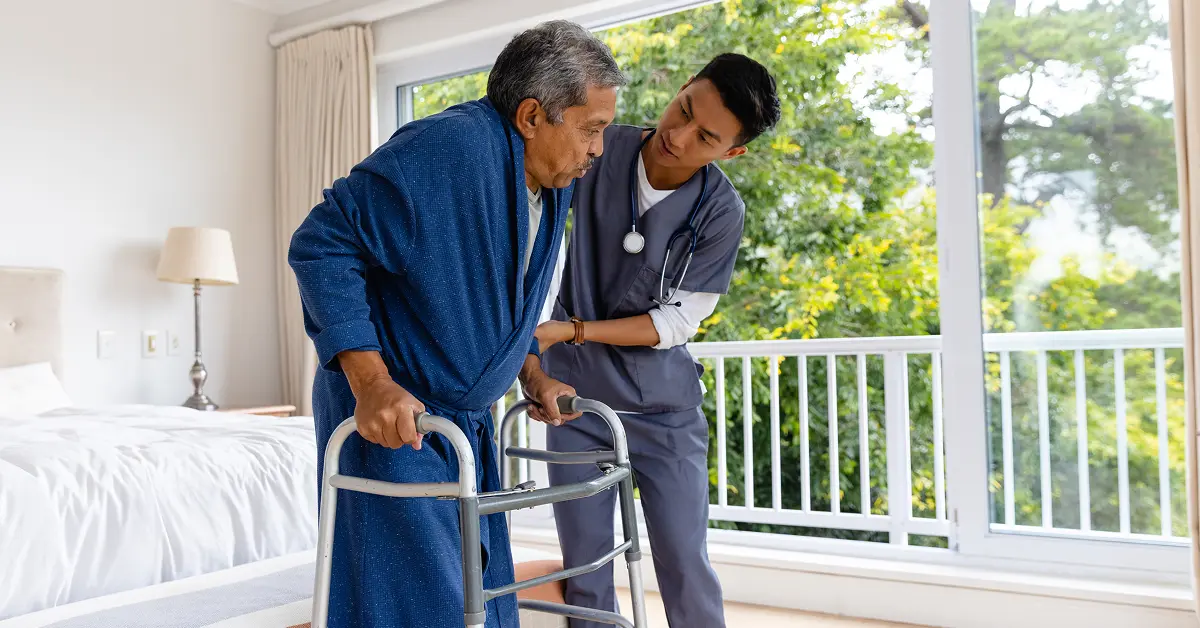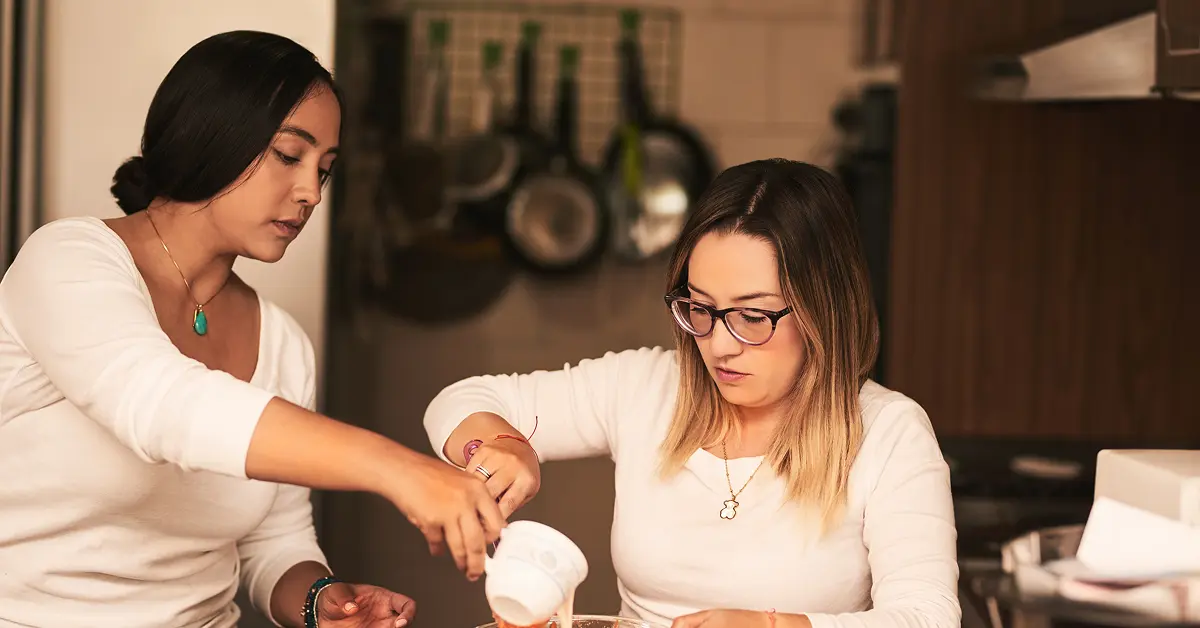As our parents and elderly loved ones age, they often need support in handling daily activities—from personal hygiene to medication management and mobility assistance. Choosing the right elder caregiver is crucial for their health, safety, and emotional well-being. In India, where families deeply value Elderly Care Services at home, the demand for professional caregivers is rising. But how do you decide who is the right fit?
This guide will help you understand the different types of caregivers available and how to match one based on your senior’s daily needs.
Step 1: Assess the Senior's Daily Needs
Before you start looking for a caregiver, make a detailed assessment of the elderly person’s physical, emotional, and medical requirements. Ask yourself the following:
- Can they walk on their own or do they need mobility support?
- Are they able to bathe, dress, and use the toilet independently?
- Do they require help with meal preparation or feeding?
- Are there chronic conditions like diabetes, arthritis, or dementia?
- Are medications required daily, or do they need injection support?
- Do they need companionship or mental stimulation?
Make a checklist and categorise the needs under:
- Basic Personal Care
- Medical Care
- Mobility Assistance
- Emotional Support
- Household Help
Step 2: Understand the Different Types of Caregivers
Once the daily needs are clear, you can choose from different types of caregivers based on skill level and responsibilities:
Personal Care Attendants (Home Attendants)
Ideal for seniors who need help with bathing, grooming, dressing, and toileting but are otherwise stable. They are trained in elderly care but not qualified for medical assistance.
Trained Nurses or Geriatric Nurses
Best for seniors with health issues requiring daily medication, insulin administration, catheter care, or post-surgery support. These caregivers are medically trained and offer skilled nursing care.
Companionship Caregivers
Perfect for elderly people who are lonely or show signs of depression or dementia. These caregivers offer emotional support, engage them in conversation or activities, and ensure they don’t feel isolated.
Live-In Caregivers
If your senior needs 24x7 assistance, live-in caregivers are the most convenient option. They stay at home and offer round-the-clock help for everything from meals to emergencies.
Step 3: Verify Credentials and Experience
You are entrusting the caregiver with someone you deeply care for—so vetting them thoroughly is essential. Whether you're hiring through an agency or personally, check for the following:
- Valid ID and police verification
- Training certificates (especially for nurses)
- Previous work experience and references
- Communication skills and local language fluency
- Understanding of elder safety and emergency protocols
Ask for trial shifts if possible. This helps both the family and the caregiver adjust before finalising.
Step 4: Match Personality and Emotional Compatibility
Daily needs go beyond physical care—emotional connection is vital. The caregiver should not only be competent but also compassionate and patient. Look for someone who:
- Respects the elderly person's dignity and independence
- Is empathetic and genuinely interested in elder care
- Can maintain calm during emergencies or confusion (especially in dementia care)
- Matches your loved one’s temperament (quiet vs talkative, religious vs secular, etc.)
Compatibility builds trust and ensures a positive, peaceful environment at home.
Step 5: Clarify Responsibilities and Schedule
Set expectations early. Clearly define the caregiver’s duties:
- Will they only assist with hygiene and dressing?
- Are they expected to cook, clean, or run errands?
- Should they accompany the elder to doctor appointments?
- What are their working hours? Are weekends off?
Create a written agreement if hiring directly. If using an agency, make sure all terms are mentioned in the service contract.
Step 6: Monitor and Communicate Regularly
Even after hiring, ongoing communication and supervision are key. Check regularly on:
- Any changes in the elder’s health or mood
- Caregiver’s punctuality and hygiene practices
- Medication and food routines
- Safety practices, like fall prevention or timely assistance
Use tools like daily logs or caregiver apps if required. Feedback from both sides—your loved one and the caregiver—helps address any issues early.
Step 7: Consider Budget and Financial Planning
Hiring a caregiver in India can range from ₹12,000 to ₹35,000 per month depending on:
- Type of caregiver (attendant vs. nurse)
- Hours (part-time vs full-time vs live-in)
- City or locality (metros usually cost more)
- Additional skills (like physiotherapy or dementia care)
Discuss your budget with the agency or individual, and also factor in additional expenses like food and travel for live-in caregivers. Some families also explore insurance that covers elder Best Caregiver Services at Home
Step 8: Know When to Change Caregivers
Sometimes, even after careful selection, the arrangement may not work. Watch for signs like:
- Your loved one feeling neglected or uncomfortable
- Disputes or lack of cooperation from the caregiver
- Irregular medication or unsafe habits
- Signs of physical or emotional mistreatment (very rare but important to monitor)
In such cases, act swiftly. Choose safety and peace of mind over continuing an uncomfortable setup.
Step 9: Take Help from Elder Care Agencies
If you’re unsure where to begin, elder care agencies offer end-to-end solutions, including:
- Caregiver selection based on your senior’s condition
- Background verification and legal formalities
- Replacements if the current caregiver isn’t suitable
- Emergency backup and regular health updates
Look for reputed agencies with positive reviews, especially ones offering Indian-language-speaking staff and cultural familiarity.
Conclusion
Choosing the right caregiver for an elderly loved one is both a practical and emotional decision. By understanding their daily needs, matching caregiver skills, and prioritising comfort and trust, families in India can ensure seniors age with dignity and warmth in the comfort of their own homes.
Whether it’s a friendly companion, a nurse for medical help, or full-time support, the right match can make a huge difference in your loved one’s quality of life—and give you peace of mind.
Contents
- Step 1: Assess the Senior's Daily Needs
- Step 2: Understand the Different Types of Caregivers
- Step 3: Verify Credentials and Experience
- Step 4: Match Personality and Emotional Compatibility
- Step 5: Clarify Responsibilities and Schedule
- Step 6: Monitor and Communicate Regularly
- Step 7: Consider Budget and Financial Planning
- Step 8: Know When to Change Caregivers
- Step 9: Take Help from Elder Care Agencies
- Conclusion
Our 24*7 services
Latest Posts
- What Is Respite Care and Why Is It Important
- Affordable home care for senior citizens in India
- Caring for Seniors with Dementia or Alzheimer's at Home
- Senior Caregiving A Guide for Every Family
- How to Write a Caregiver Resume That Gets You Hired
- How Care After Hospital Discharge Speeds Up Recovery at Home
- How to Get Home Health Care for Seniors Through Medicare
- What Does a Senior Citizen Caregiver Really Do at Home
- How to Care for Elderly Parents with Alzheimer’s or Dementia
- How to Get 24-Hour Care for Seniors at Home



